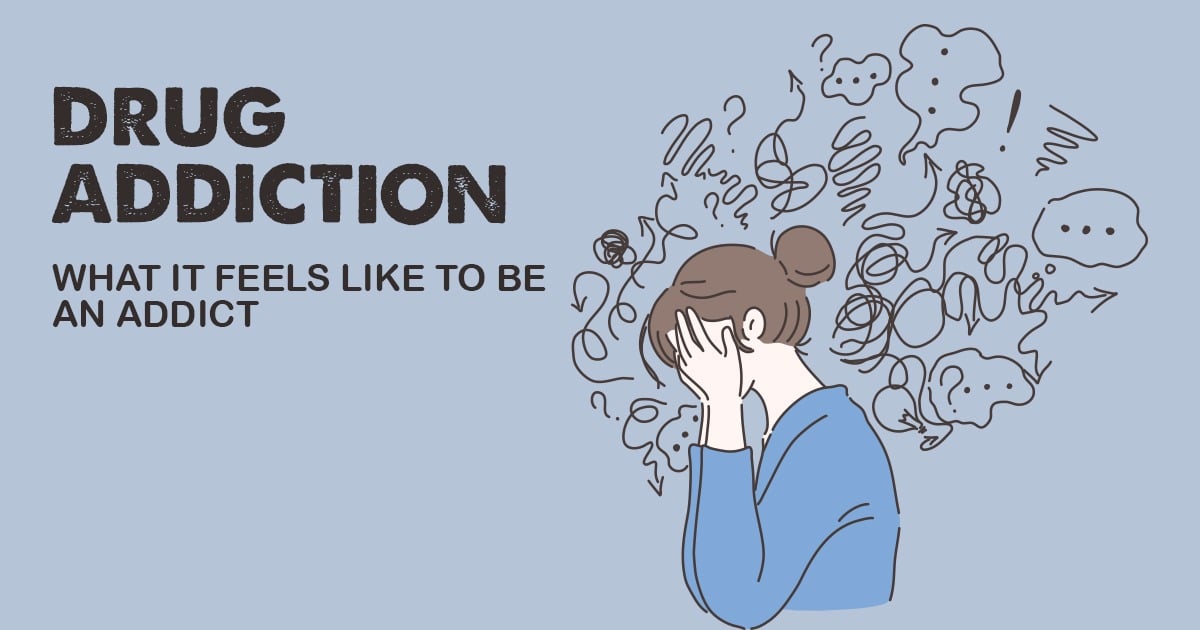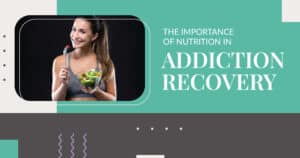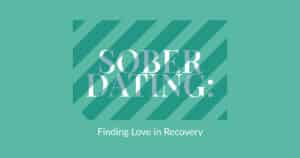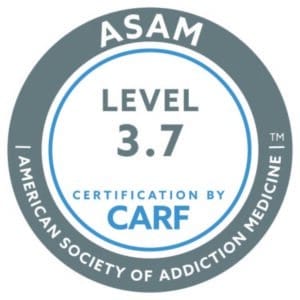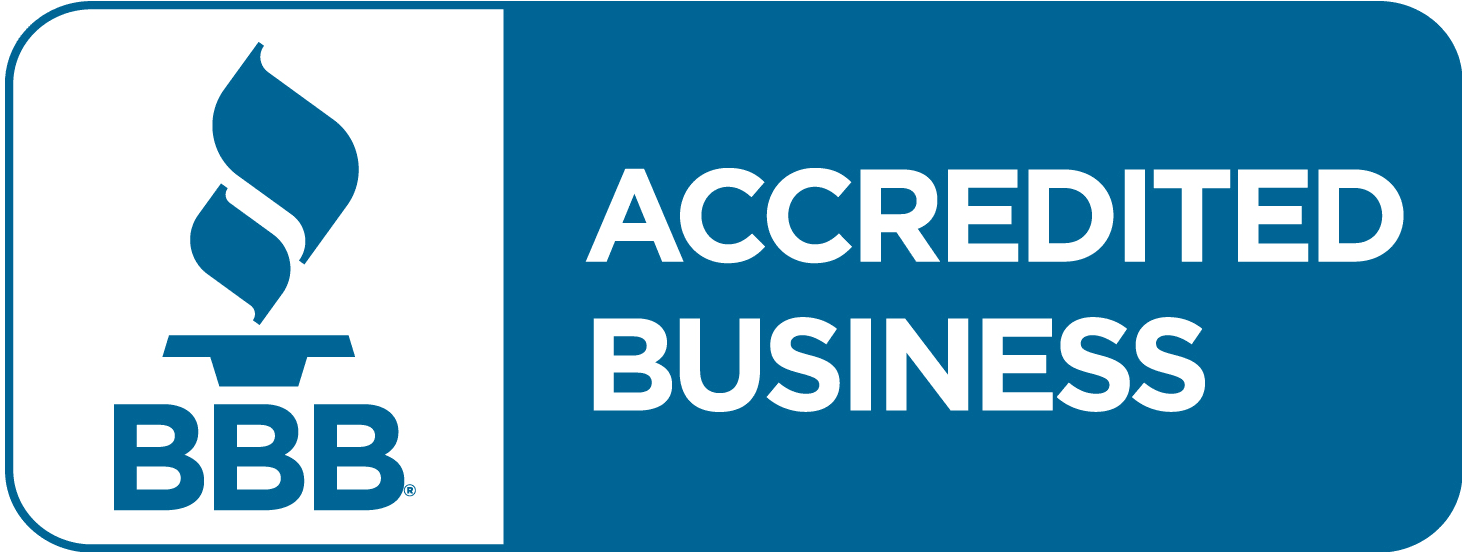So many of us are affected by drug addiction. Even if you aren’t addicted to drugs or alcohol, you can be like the many millions of people who have a loved one struggling with the chronic disease of addiction.
Addiction can be overwhelming for everyone affected. Still, sometimes, by understanding more about what causes it and how it feels, you might be able to feel more empathy toward the person in your life dealing with it.
It can also help you understand that it’s not personal and that guilting or shaming someone you love isn’t going to “fix” their addiction.
What Is Drug Addiction?
First, too often, we might see another person’s addiction as their choice.
While it is true that it can be our own choice to take addictive drugs despite the harmful consequences, addiction takes it out of a person’s control.
When someone has an addiction, they have compulsive, uncontrollable cravings and urges to keep acting on their compulsions.
They often don’t want to, and it’s no longer about being drunk or high.
Their brain has changed in response to the substance, and that’s why they keep using it.
The changes that happen in someone’s brain when they have an addiction affect their self-control.
So what exactly happens in the brain?
- When you first drink or take a substance, it can affect the reward circuit in your brain. Your reward circuit under normal circumstances motivates you to repeat the good behaviors for you in your life, like eating and spending time with your family and loved ones.
- Your brain releases dopamine when you’re doing those things required to thrive. Then, your brain wants to keep repeating those behaviors. Unfortunately, drugs and alcohol can hijack that reward response.
- After repeated exposure to addictive substances, your brain may get used to the feeling and gain a drug dependence, and you will need more of the substance to feel the high they did initially.
- Over the long term, other functions affected by substance use include judgment, learning, memory, and behavior.
If you have an addiction, you might feel empty or numb since your brain chemistry has changed.
Dependence may make you feel like your brain is compelling you to do anything to keep feeding your addiction.
Someone dealing with addiction may want to feel happy the way other people do, but they can only feel numb.
It can be isolating and frustrating, but that just continues to fuel the cycle of addiction.
Loss of Control
We talked about this a bit earlier, but one of the most defining characteristics of addiction is a loss of control.
You know you’re doing something wrong and harmful, and you want to stop, but you can’t.
That can make you hate yourself, and sometimes it can be like you’re outside of your body watching what’s happening, yet at the same time, you may be able to find a way to trick yourself into justifying it.
Many people describe addiction as a battle.
People can feel like they hate using the substance, but they need to keep doing it no matter what they do.
Shame
If you’ve ever spoken to someone in recovery, they’ll often tell you about the intense shame they felt.
Someone with an addiction often feels like they’re letting everyone down, and they don’t have any value to the people who love them.
There is also an intense sense of guilt in most cases.
Unfortunately, if you love someone who’s an addict, you may try to shame them into changing their behavior.
That’s a normal response, but it’s not practical because it’s something the person is already experiencing.
Stigma is closely linked to addiction, and when you feel stigmatized because of your addiction, you may dislike yourself even more, which then drives you deeper into the habit.
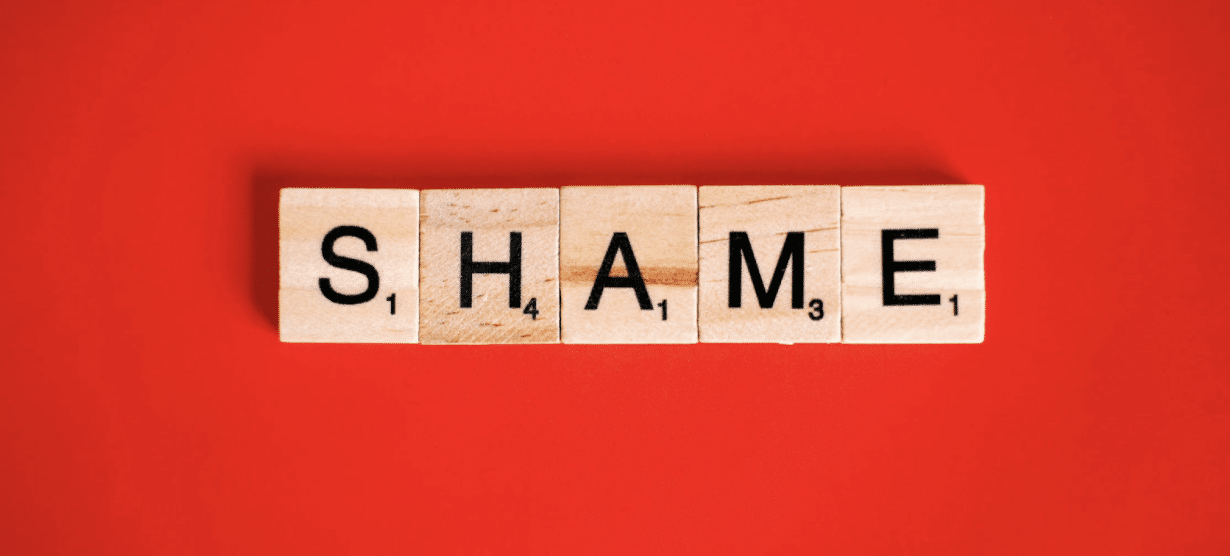
Signs of Drug Addiction
Drug Paraphernalia
Obviously, finding drug-related material around the person’s living space is the most blatant sign of drug use. A lot of addicts become skilled at hiding their drug use as time goes on, but there are still clues as to how they go about using drugs. Examples of such paraphernalia include:
- Small baggies
- Pipes, bongs, rolling papers for smoking
- Lighters
- Needles or syringes
- Small spoons
- Razor blades
- White powder residue
- Compact mirrors, old CD cases, or other small flat surfaces to snort crushed drugs from
- Shortened straws, rolled up papers, or dollar bills
- Flasks
- Unusual small bottles, boxes, or old pill containers (a stash jar)
- E-cigarettes or vapes
Obsessive Cravings
In an instance where, for example, you and your friends/family members occasionally or rarely experiment with recreational drugs together, you might notice one person starting to talk about or seek out a particular type of substance more often. They may become obsessed with the experience of that particular drug, take interest in trying to obtain it more frequently, and talk about it more than is necessary. This is an instant warning sign that an addiction is developing. Obsession with drugs or alcohol takes over at one of the advanced stages of addiction. The user will constantly think about when they will indulge next, where to get the next fix, and make excuses about why they “need” or want their substance of choice.
Isolation
For some people, drugs bring out an apparent social side to them, making them feel more interested in others in their social circles or at parties. However, as drug addiction develops, many people go through a period of isolation as a means to continue their addiction in secrecy. Sadly, isolation is a common theme among people struggling with the signs of drug addiction. You might notice him or her staying inside, losing interest in their peers, ignoring phone calls/texts, and avoiding going out in public.
Personal Changes
Along with suspicious or risky behavior, drug addiction can bring a whole range of personal changes in all facets of someone’s action and lifestyle.
Physical
Drugs alter the normal way in which our bodies function. For someone with chronic drug use, this can include major changes in their physical appearance. Of course, as mentioned before, different drugs have specific effects. But some common examples of someone with a drug addiction might include:
- Major weight changes (often becoming underweight)
- Dark circles; eyes that look sunken, bloodshot, glassy, or lifeless
- Dilated or pinpoint pupils
- Needle marks on arms, legs, hands, or insides of fingers/toes (known as “track marks”)
- Lack of care for personal hygiene
- Breakouts and acne scars on the face, neck, back, or other parts of the body
- Chipped teeth, rotting teeth, “meth mouth”
- Clenched jaw, grinding of the mouth
- Disrupt in sleep patterns: oversleeping or hardly sleeping at all
Mental signs of drug addiction
Mental and emotional warning signs of drug addiction vary from discreetly subtle to extremely alarming. Again, it all depends on the type of drug and the person’s individual makeup. Some drugs disconnect the person from reality to the point of delusions, paranoia, and hallucinations (example: meth, LSD, PCP, ketamine, or a batch of poorly made street drugs). Other drugs, like opiates or painkiller pills, more affect the central nervous system causing drowsiness, slowness, and an overall “out of it” feeling.
Regardless, it’s wise to note the noticeable mental and emotional signs of drug addiction, such as:
- Fluctuation in awareness/alertness
- Increase in anxiety, depression, or other mental disorders
- Manic outbreaks
- Seeming disconnected from reality
- Paranoia, delusions, delirium
- Severe mood swings
- Drastic changes in personality or demeanor
- Apathy
- Aggression
- Irritability
- Violence
- Self-destructive habits (such as self-injury)
- Memory issues
- A decrease in cognitive functions
- The person does not seem like their usual self
What is a Co-Occurring Disorder?
When we talk about drug addiction and what it can feel like, it’s essential to highlight the role of co-occurring disorders in the complete picture.
So what is a co-occurring disorder?
A co-occurring disorder, or co-morbidity, occurs when someone has two or more illnesses, such as depression and addiction.
Often, people with a mental disorder might turn to illicit drugs to self-medicate the symptoms of another mental health disorder.
Your loved one might use substances because they can’t cope with the symptoms of a mental health disorder in any other way.
There are also many overlaps between a substance use disorder and mental health conditions, including trauma exposure and environmental factors.
What Are Some Co-Occurring Disorders?
Some of the co-occurring disorders we most often see along with drug addiction and alcohol addiction include:
- Anxiety disorders: These can include panic, generalized anxiety, and social anxiety disorders.
- Mood disorders: Depression and bipolar disorder are mood disorders that often co-occur with addiction.
- Personality disorders: We estimate anywhere from 35-73% of people treated for addiction have a personality disorder much higher than the general population. Personality disorders most often associated with addiction include borderline, avoidant, paranoid, and antisocial.
- Post-traumatic stress disorder: PTSD makes someone as much as four times more likely to have a substance use disorder than someone without it.
- Attention-deficit/hyperactivity disorder: When someone has ADHD, they have a higher likelihood of misusing substances, particularly in their 20s and 30s.
The best option in these cases is specialized co-occurring disorders treatment. Co-occurring disorders treatment is also known as dual diagnosis treatment.
It can help someone receive treatment and care for both their addiction and any other mental health disorders at the same time.
Empathy vs. Enabling
Let’s shed more light. As a loved one, we do have to distinguish between empathy and enabling.
Enabling behavior is any behavior that you might do that supports the disease of someone with an addiction.
For example, you could downplay the severity of the problem, avoid difficult conversations or try to cover up their mistakes.
Enabling behavior is a way to try and remove consequences for someone with an addiction.
There’s a fine line being empathetic and putting yourself in the shoes of another person without enabling.
Learning more about how it feels to have an addiction can help you gain valuable insight, and you can be part of the treatment process for someone you care about.
Addicts may be more likely to speak openly and honestly to you because they’ll feel less guilt, shame, or stigma.
On the other hand, if you’re an enabler, you aren’t just making yourself available as someone open to talking, if needed.
You’re trying to solve the problems of the person who has an addiction.
In doing so, you might be removing the motivation they could otherwise have to take responsibility and ultimately get help.
When you’re an enabler, you’re just creating a deeper cycle of addiction.
Is Drug Addiction a Disease?
The biggest takeaway from all of this is that addiction is a complex disease that is incredibly challenging to overcome.
Addiction also comes with a stigma. It is thought that people who suffer from it do not get treated as people with other illnesses.
There is a lack of empathy for people that have this mental disorder.
Many people in the United States do not consider this affliction to be a disease, instead, they think it’s a habit or choice.
They believe the effects of drugs, especially illegal drugs, are the consequences of choices that you’re in control of making.
It’s hard to be empathetic towards a person whose mind functions completely differently than your own.
Conclusion: Drug Addiction Treatment
Opus Health offers many types of treatment options.
Evidence-based therapy; such as behavioral therapies, support groups, medical detox for withdrawal symptoms, group therapies, contingency management, and so much more!
If you are struggling with addiction, or you’d like to learn more about our treatment programs.
To help a loved one, please call us at 855-953-1345.
